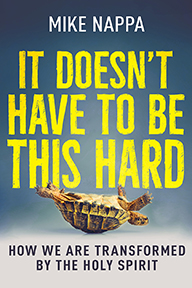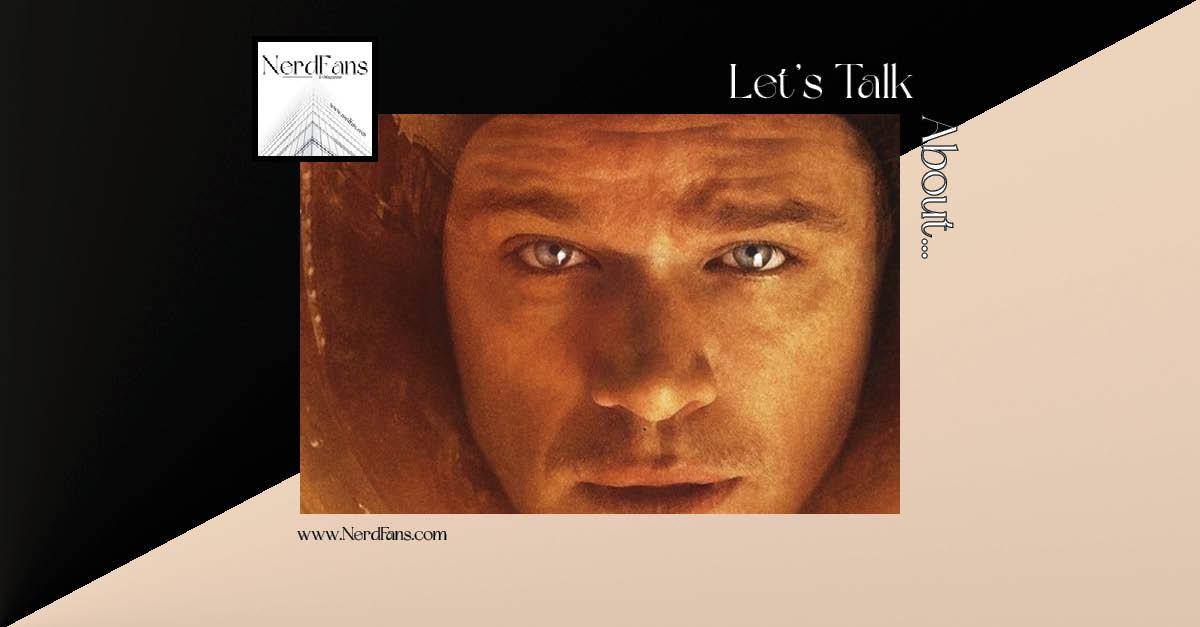An Editorial Team reason for rejection
When I’m shooting for a sale of your book in my publishing board, I’ve really only got three bullets in my gun: 1) your marketing platform, 2) your sales history/potential, and 3) the strength of your writing.
If you are a newer author, you will be inherently weak on the first two items in that list. So, I’ve got to really build up item #3 to the point where it compensates for the weaknesses in the first two areas. That’s where you’re writing samples come in.
In my publishing board meeting, I will highlight the artistry of your prose. I’ll probably even read aloud powerful passages, and pick random snatches from several pages just to make my point: This author is AWESOME from beginning to end. Who cares if she doesn’t have a TV show on cable? Her writing—and your reaction to it right now—is proof by itself that people will buy this book.
Ah, but what if you only sent me an outline? Or maybe a summary with a sample introduction? What if you sent me the first 10,000 words of your novel, but nothing else to show that you can actually sustain a story for a full 100,000 words?
You may think you’re just saving time, making your job a little easier in the face of unrealistic expectations from publishers who demand too much. But what you’re really doing is sabotaging your own presentation in the publishing board meeting.
Let me ask you something: If you were playing baseball and you knew you had to hit without a bat, would you step up to the plate? Of course not. But that’s how you make me feel when you send me an idea without enough writing samples to demonstrate the superior strength of your skill as an author. And then you complain when I reject your book—even though you were the one who sabotaged both of us by submitting an incomplete proposal.
I know. It takes time—a lot of time—to write up samples for a book. And since I require you to write your samples on speculation (meaning, without any guarantee of payment or a contract), you could lose both time and money by writing extensive samples for me. But…
You must remember that I didn’t make the rules, and until you are successful enough to break the rules, there’s only one way to avoid a rejection for this reason. You’ve got give me enough stellar writing samples to accomplish what we both want to happen in publishing board: approval for your next book contract.
What You Can Do About It
1. Write enough to meet the expected requirements.
If you know that a certain amount of writing samples is required before an editor will seriously consider your book, then just buckle down and write. Don’t waste time trying to prove to me that you are a deserving exception to the rule, or demanding that I overlook the requirements because you’re just too busy to meet them.
Hey, nobody ever said it would be easy for you to get published. In fact, sometimes we like to make it a little hard, just to weed out the halfhearted and the weak. But you don’t have to fit in either of those categories—and besides, didn’t you say you wanted to be a writer?
Here’s what you’ll typically need to deliver:
• For a fiction book, you’ll have to write the whole thing. Will the editor actually read the whole thing? Maybe, maybe not. That’s irrelevant. What is relevant is that rarely any editor will consider a novel from a newer author unless the whole book is written.
• For nonfiction, it’s a little easier. You’ll need to write: 1) an annotated table of contents, 2) an introduction to your book, and 3) one sample chapter from your book (usually the first chapter, but can be any chapter you choose).
2. Become famous enough that your writing skill doesn’t matter.
We’ll talk more about this in Reason #54, but for now suffice it to say that one way to avoid writing is to be famous. Publishing companies are enamored by celebrities, so much so that celebrities often don’t even write their own life stories. So if you want to “be” a writer instead of doing the work of a writer, then put your writing career on hold. Pursue the life of a celebrity instead—become a rock star or a TV talk show host or a movie actor or whatever.
I know this sounds like cynical advice, and maybe it is a little bit…but I also I promised to always tell you the truth in this book, and I know this pathway to authorship works. So if celebrity is within your reach or ambition, go ahead and pursue it. Once you hit the national consciousness, you’ll have your pick of book publishing opportunities—and you may not even have to write a single word.
3. Review Reason for Rejection #14.
Don’t be lazy!
Do the work it takes to succeed, and (shocker!) you just might succeed.
Looking for more? Check out these links:









